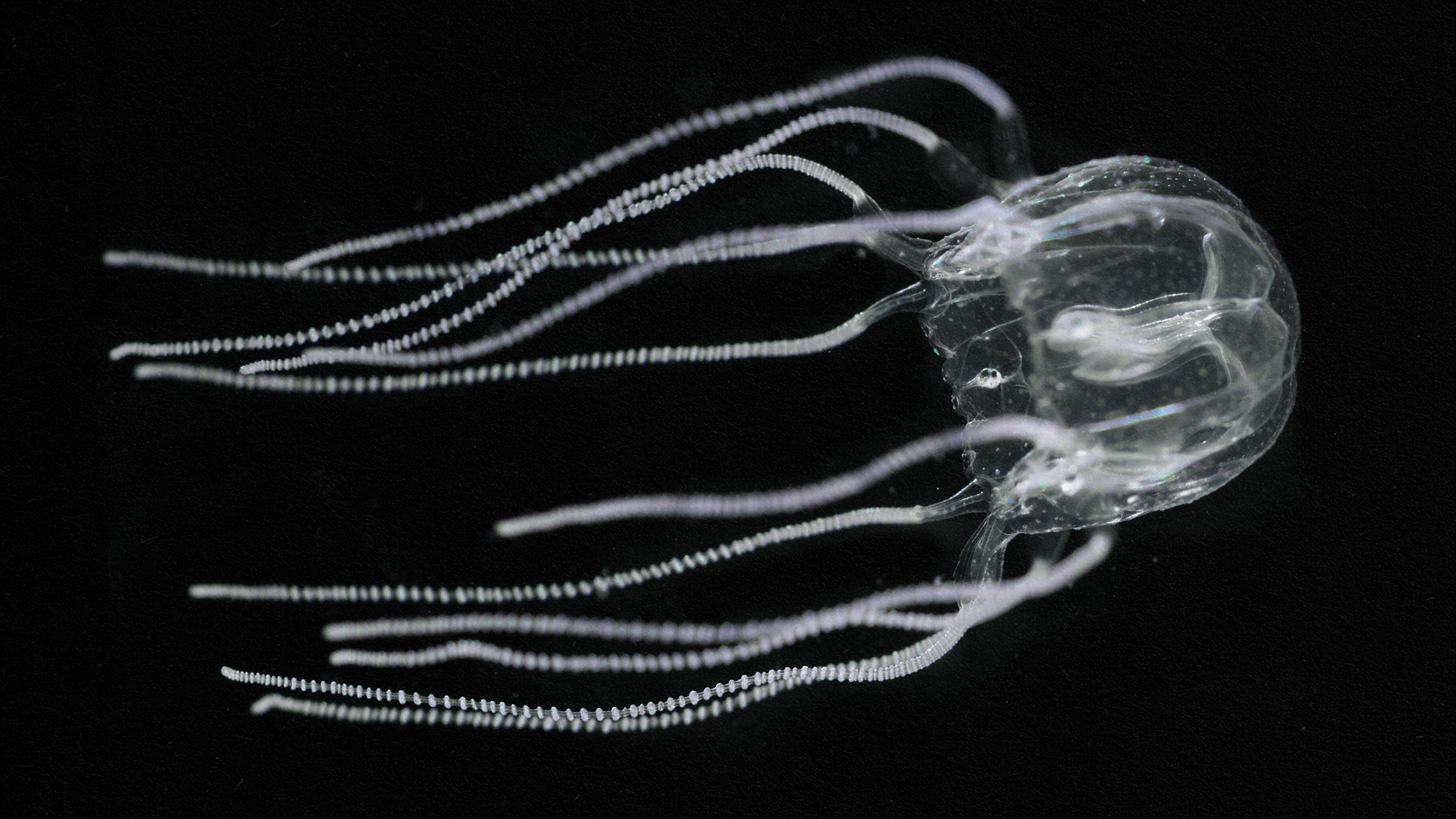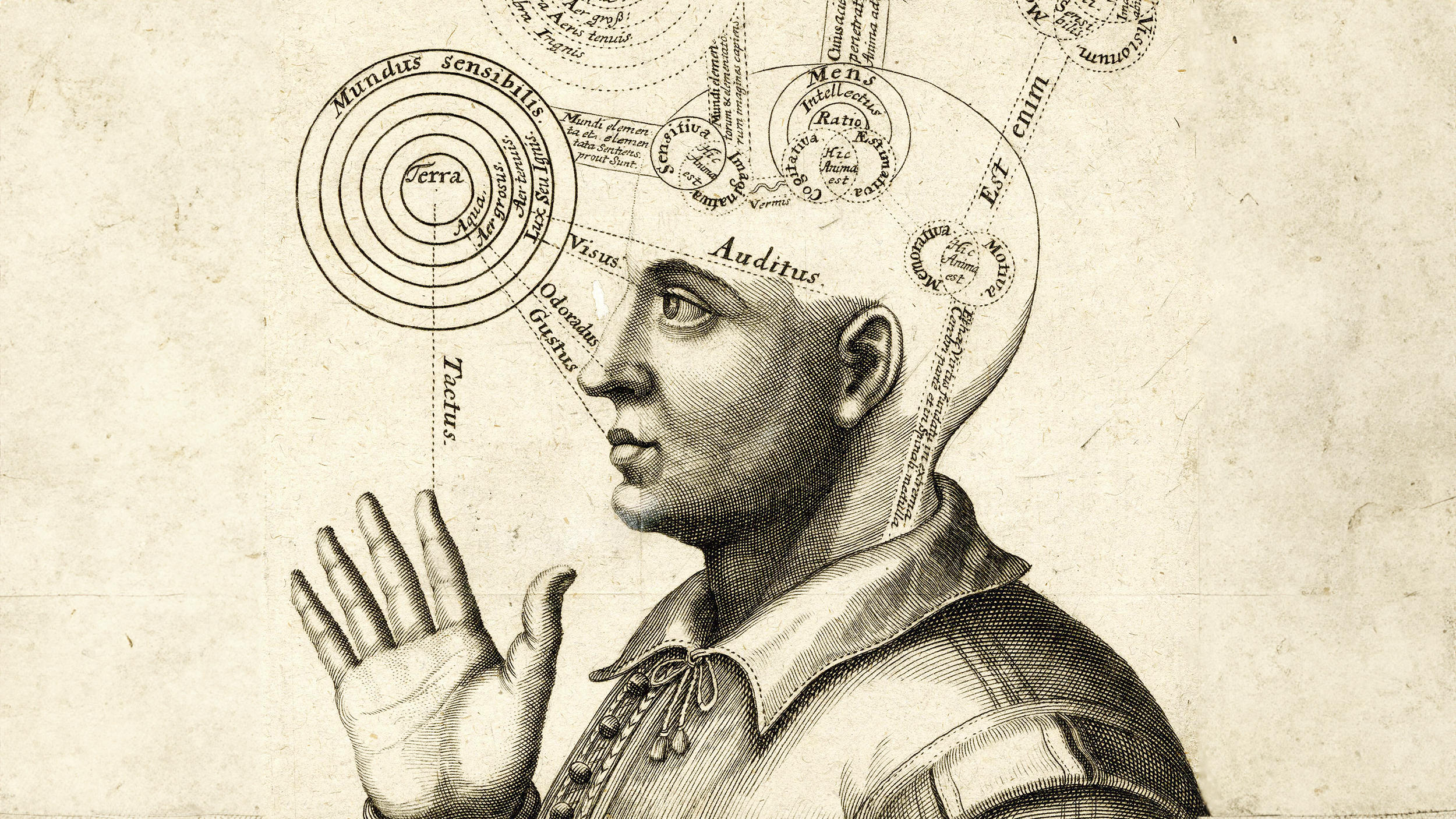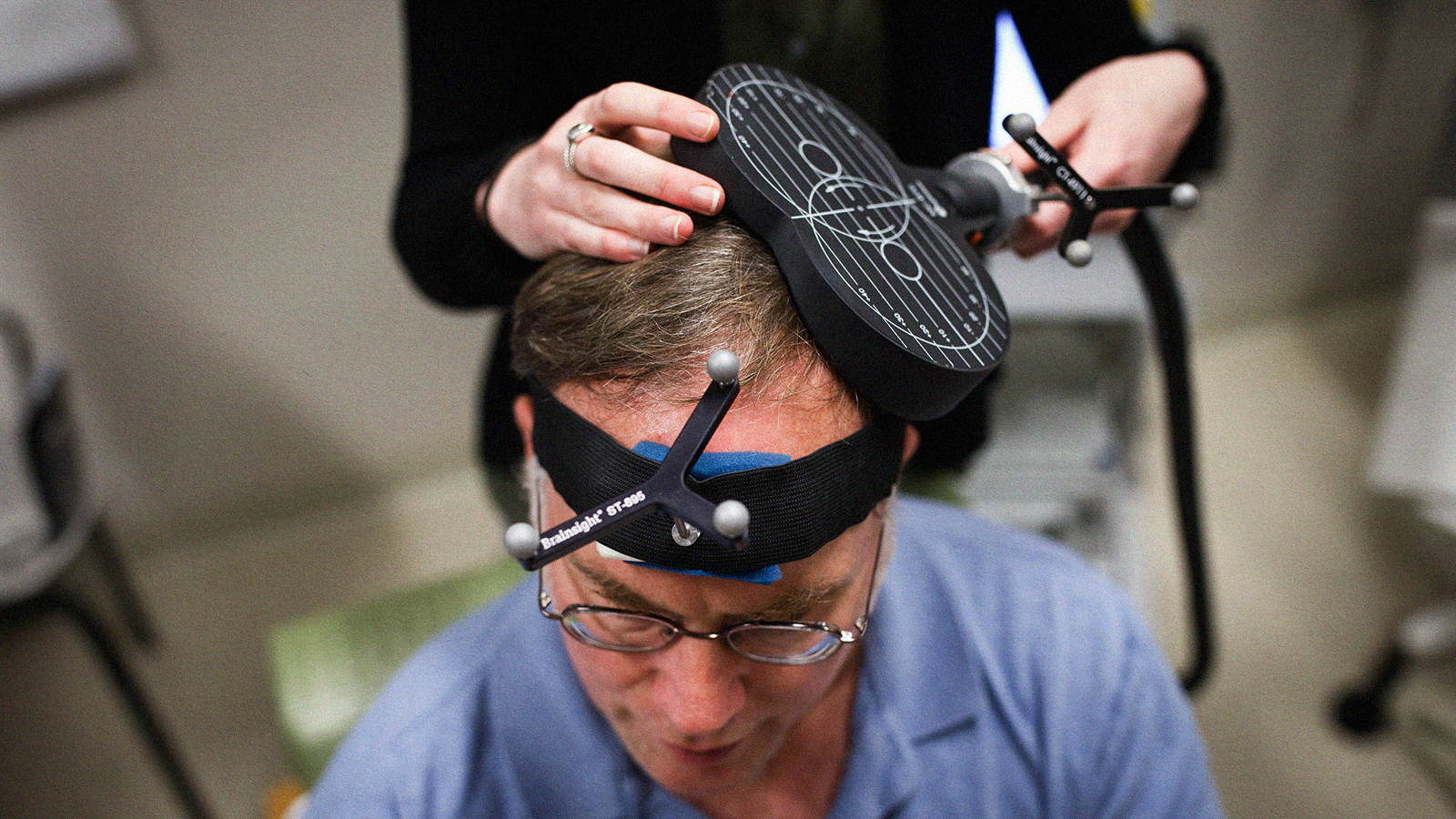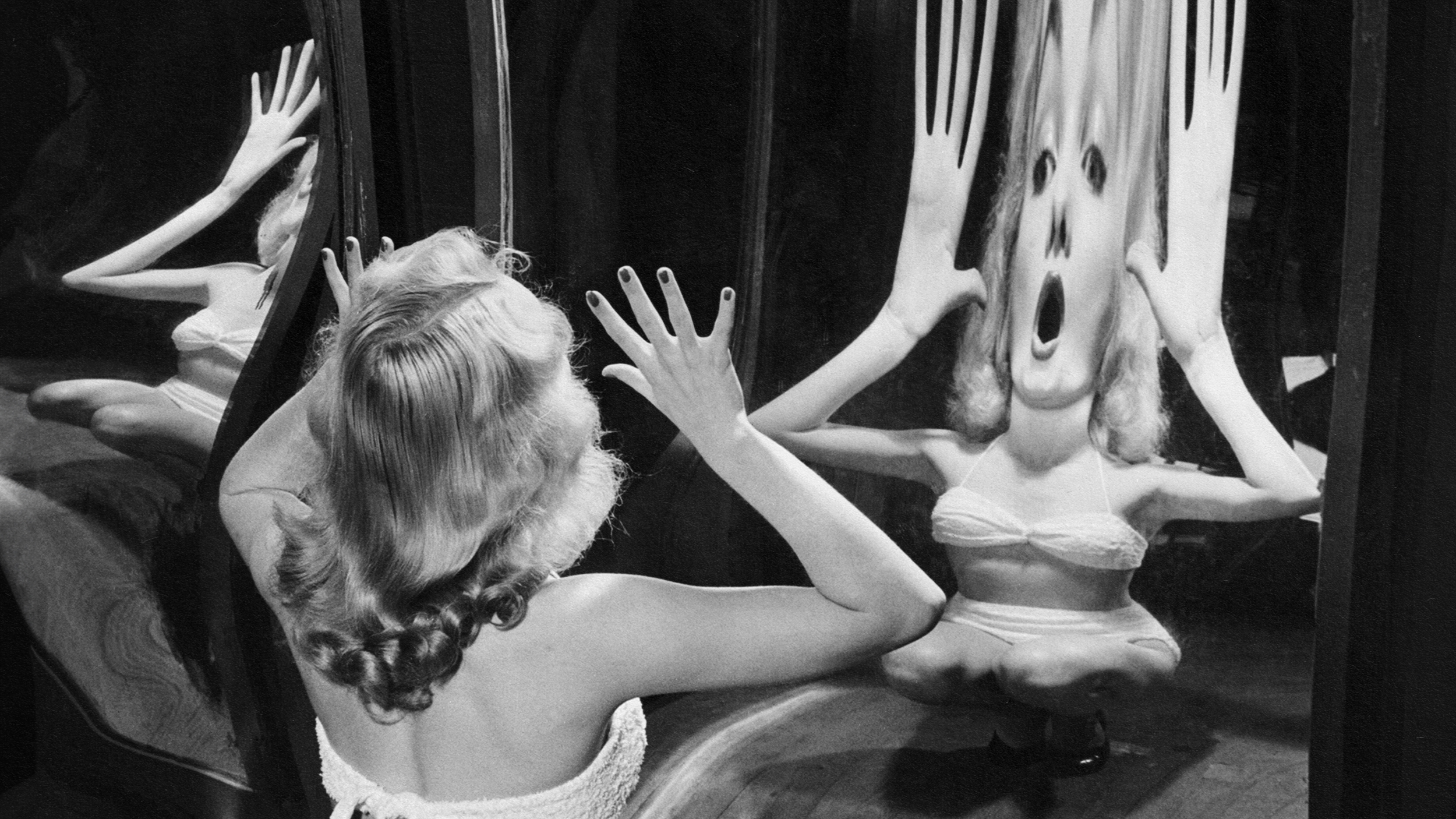neuroscience
There are three kinds of memory that all work together to shape your reality. Neuroscientist André Fenton explains.
▸
6 min
—
with
It has already been trialed in people and could give us a better way to analyze and stimulate the brain.
Even before birth, our brains are taking note of the languages we hear.
Lab experiments showed Caribbean box jellyfish are quick studies of their environment.
Your life’s memories could, in principle, be stored in the universe’s structure.
Some neuroscientists question whether the body can “keep score” of anything in a meaningful way.
The pseudoscience phrenology swept the popular imagination, and its practitioners made a mint preying on prejudices, gullibility, and misinformation.
The modern attention economy hijacks our ability to focus, but an ancient technique offers a means to get it back.
Combining years of neurological research and mindfulness techniques, Dr. Heather Berlin helps us better understand how the body’s most complex organ can easily be misled into negative thinking – and how we can stop that from happening.
▸
with
While executive function matures between 18 and 20 years of age, the brain keeps changing long afterward.
Various environmental phenomena can play tricks on our brain.
Lucid dreamers may have “privileged access to their inner world,” with “heightened awareness… to the outside world.”
Katie Kermode — a memory athlete with four world records — tells Big Think about her unique spin on an ancient technique to memorize unfathomably long lists of information.
What a long strange trip it’s been.
A healthy lifestyle even protects those who are genetically predisposed to depression.
Neural imaging has shown that the brain has “decided” what we’re going to do before we make a conscious choice — but is this even relevant to free will?
According to neuropsychologist Julia DiGangi, no one can live a life free of emotional pain. We can only choose how those emotions empower us.
Even if a leading theory of consciousness is wrong, it can still be useful to science.
Goalkeepers have an enhanced ability to integrate auditory and visual information compared to other players.
If the “self” is not real, then we are slaves to a billiard ball universe, trapped in a nihilistic nightmare in which we cannot change our fate.
Only about 10% of patients survive cardiac arrest. Of the ones who do, many have amazing stories to tell.
If you want to achieve new goals, harness your brain’s ability to change chemically, structurally, and functionally.
Chronic pain is often driven by brain processes that can be reprogrammed.
“I think it has a real chance to reverse motor symptoms, essentially replacing a missing part.”
For people with hard-to-treat depression, a non-invasive technique called transcranial magnetic stimulation (TMS) can provide relief.
The amygdala can hijack your brain’s response if it recognizes past trauma in a current situation. To regain control, simply press pause.
There are hints that it could lead to new treatments for Parkinson’s, Alzheimer’s, and other brain disorders.
In a psychedelic state, the relationship between your “narrative” and “minimal” selves seems to transform in unique ways.





























